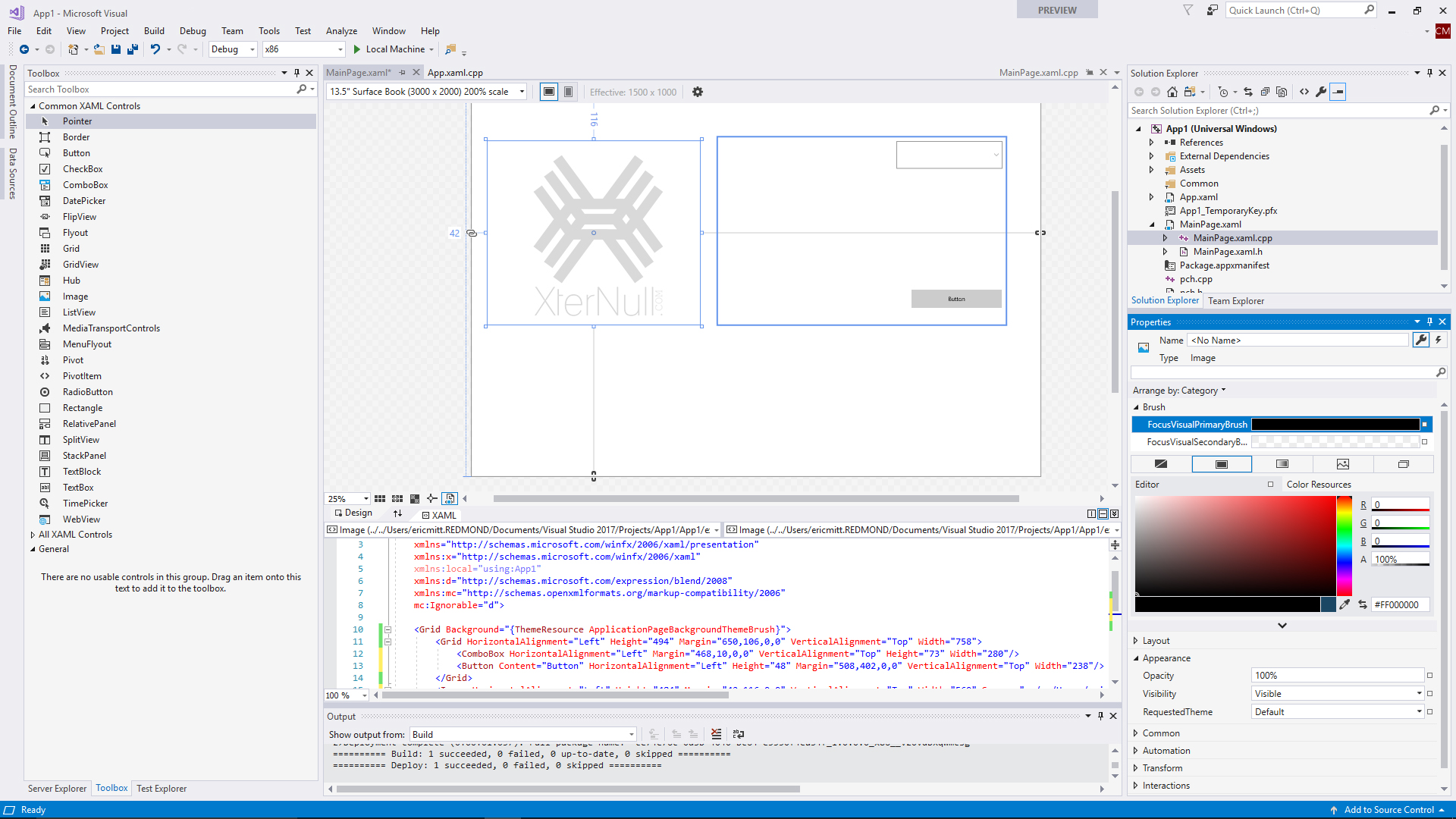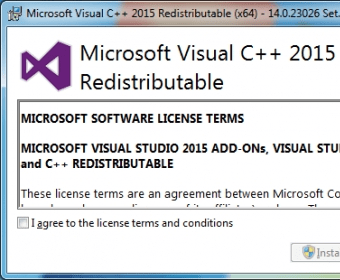
You may also notice that these components get reinstalled when you perform patching of the SQL Server instances. For example, programs within SQL Server rely on the specific behavior of C runtime functions and may fail if Visual C++ runtime is removed.

If you remove the Microsoft Visual C++ Redistributable, SQL Server components and features might encounter unexpected behavior and results. For more information, see Microsoft Visual C++ Redistributable.ĭon't uninstall any component that SQL Server installs as part of the standard setup and patching process. If the Microsoft Visual C++ Redistributable is installed by a Microsoft product that's still in support, the Redistributable is in support per the Microsoft component policy for that product.

There may be third-party products, such as security scanners, that flag the Redistributable as expired. You can ignore these alerts for the Microsoft Visual C++ Redistributable when packaged as part of SQL Server. If the Microsoft Visual C++ Redistributable is installed as part of SQL Server, it will continue to be supported until the end of the SQL Server lifecycle. This policy is applicable for the standalone installation of these components. The security software produces alerts for the following reason:Īccording to the lifecycle policy, support for Visual Studio components that belong to version 2010 ended in the year 2020. Microsoft Visual C++ 2010 Redistributable

These security alerts refer to the following Microsoft Visual C++ Redistributable components. When you install Microsoft SQL Server on a computer and the SQL Server setup program installs a Microsoft Visual C++ Redistributable, your security software may send alerts about end of life (EOL) or obsolete software components on this computer.


 0 kommentar(er)
0 kommentar(er)
